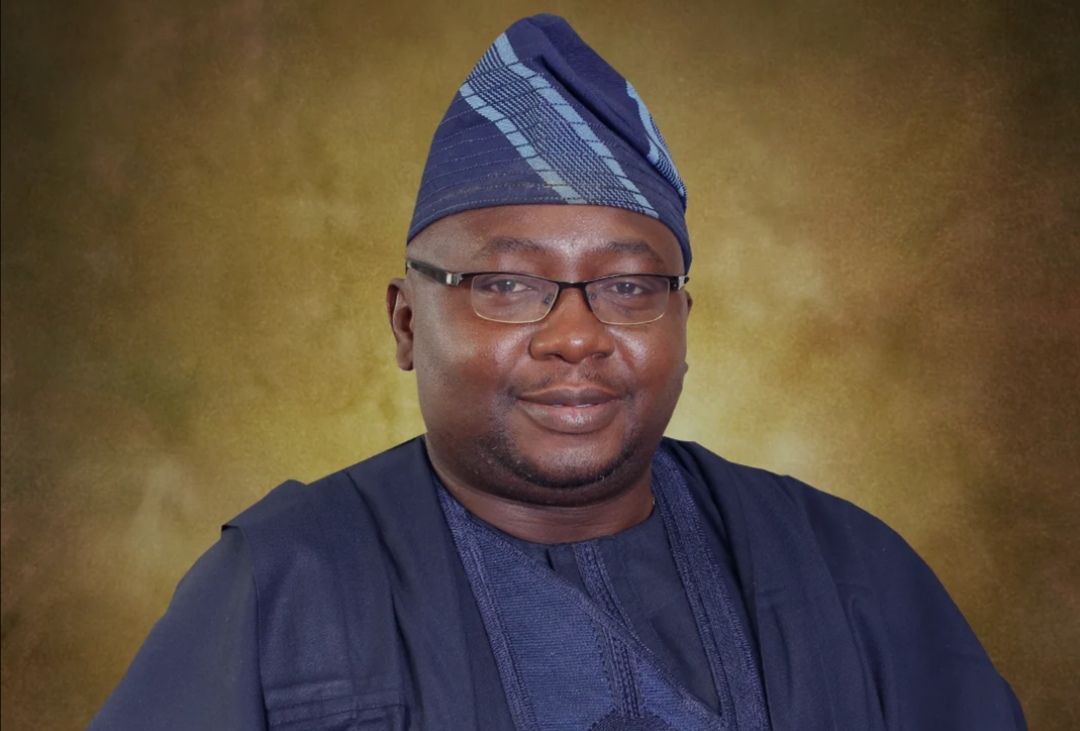
The NLC has condemned Power Minister Adebayo Adelabu’s claim that over 150 million Nigerians have adequate electricity, calling it a gross misrepresentation.
In a statement by President Joe Ajaero, the union labeled the claim—based on 5,500 megawatts of supply—as “pretentious” and “a bad joke,” arguing it contradicts the country’s ongoing power challenges and citizens’ daily experiences.NLC President Joe Ajaero slammed Minister Adelabu’s electricity claims as a “bad joke,” highlighting daily blackouts, high tariffs, and profit-driven policies.
The NLC argued that 5,500MW is far from adequate for over 200 million Nigerians and stressed that the country should be generating at least 150,000MW to meet demand.The NLC dismissed claims of adequate power supply, stating Nigeria should generate 150,000MW to meet demand, yet has never exceeded 5,500MW—a figure they call unreliable.
They criticized the privatization of DisCos and GenCos, accusing operators of prioritizing profits over service. The union questioned the existence of necessary power plants and infrastructure to support the Minister’s claims, pointing to the harsh reality of poor electricity access nationwide.The NLC criticized the state of Nigeria’s power sector, highlighting widespread blackouts, factory closures, and lack of electricity in both urban and rural areas.
It said the few with access face disconnections, inflated tariffs, and exploitation. The union blamed the 2013 privatization, calling it a “grand betrayal” that handed vital infrastructure to cronies for N400 billion, with no service improvement. Despite their failures, the same GenCos and DisCos are now set to receive over N4 trillion in subsidies without accountability.
Last week, Power Minister Adelabu claimed that 150 million Nigerians now have adequate electricity, while 80 million still lack reliable power. Speaking at the 2025 Ministerial Sectoral Update in Abuja, he credited the progress to Nigeria’s role in the “Mission 300” initiative by the World Bank and AfDB, aimed at delivering power to 300 million Africans by 2030.



